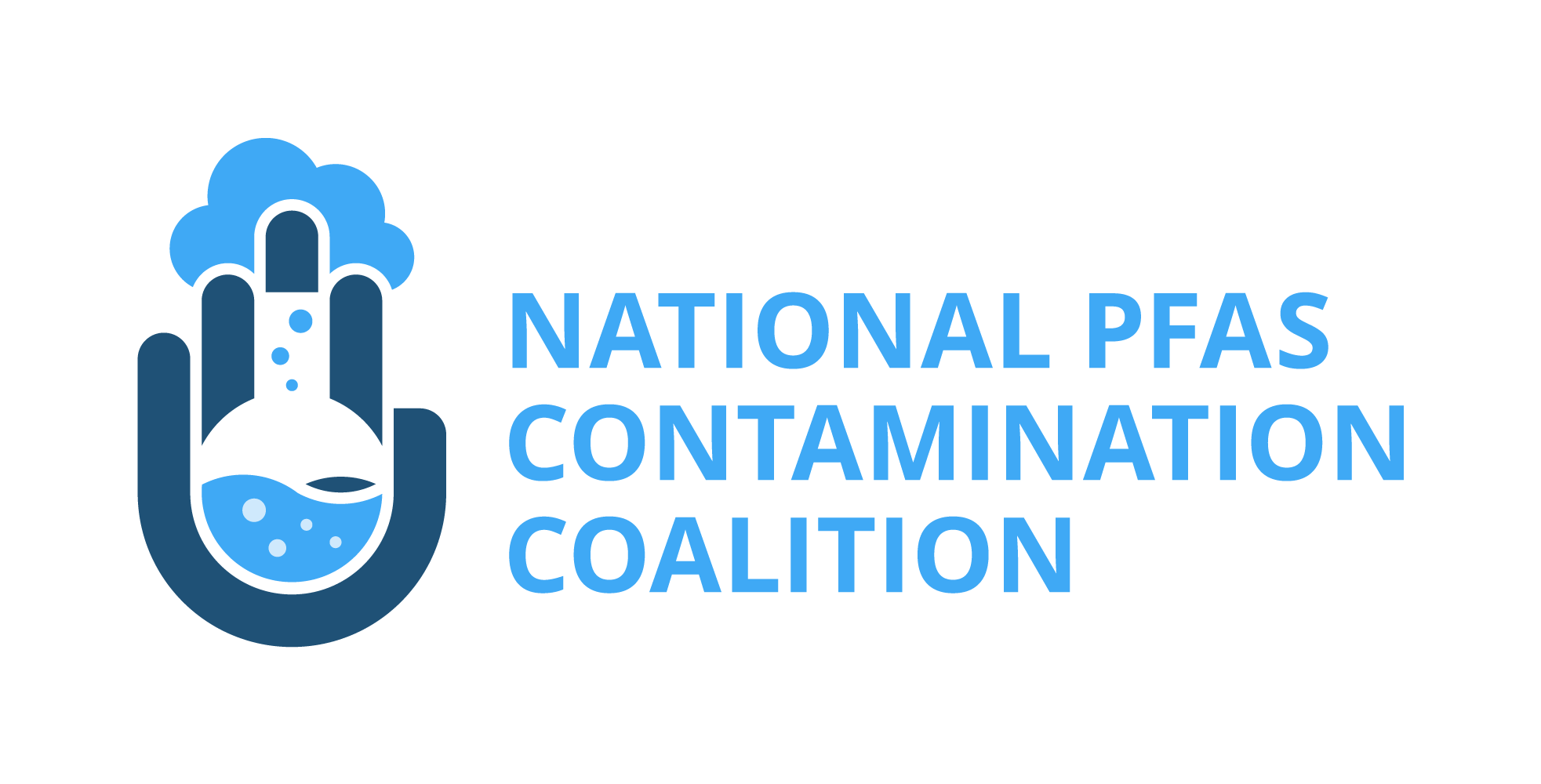7/6/2020
National PFAS Contamination Coalition Reaction to PFAS Being Regulated As A Class
On June 30, 2020, the peer-reviewed article titled “Scientific Basis for Managing PFAS as a Chemical Class” authored by 16 of the nation’s leading scientists was published in Environmental Science & Technology Letters. The paper presents a scientific basis for managing the thousands of chemicals known as PFAS as one chemical class. The reason for the class approach is related to the shared physicochemical, environmental, toxicological, biopersistence, bioaccumulation, and hazardous properties of PFAS studied to date. The paper also discusses options for how governments and industry can apply the class-based approach, emphasizing the importance of eliminating non-essential uses of PFAS, and further developing safer alternatives and methods to remove existing PFAS from the environment.
The National PFAS Contamination Coalition (NPCC) membership represents over 30 grassroots community groups in 21 states fighting PFAS chemical pollution in our air, soil, water, food, and from occupational exposures. NPCC’s top priority is to advocate for national regulation of PFAS as a class with a Maximum Contaminant Level (MCL) of 1 part per trillion (ppt) or less. This article calling for PFAS to be regulated as a class strongly aligns with the goal of the NPCC and we fully support the position of this peer-reviewed, scientific paper.
Members of the NPCC know first hand that for decades, residents in our communities were overexposed to a mixture of many different PFAS. Results from blood work and biomonitoring in various communities prove that our families have been contaminated with numerous PFAS, leading to an even more significant concern of the total body burden ourselves and our loved ones are experiencing.
The NPCC also views regulating PFAS as a class as an opportunity to address a more comprehensive clean up and remediation process under federal and state programs that will benefit communities currently being exposed to a mixture of PFAS. It is critical to stop the exposure of the entire class of PFAS and to clean up the extensive contamination nationwide to prevent further harm to human health and the environment.
For far too long, PFAS have been given the benefit of the doubt, while communities suffer from ongoing exposure to a mixture of PFAS in the absence of protective regulation at the federal level. It is encouraging to see some states take action to set their own enforceable standards for PFAS in the absence of federal regulation. It is also promising to see some major companies removing PFAS from their products as referenced in this scientific paper. However, those steps are not enough to ultimately protect public health and the focus must be on regulating the entire class of these toxic chemicals.
Sadly, we cannot undo the PFAS exposure that has happened to our members and families. We continue to face some of the known, as well as a vast number of unknowns of the long-lasting impacts the class of PFAS will present to us. However, we can learn from this situation and take action to prevent ongoing PFAS exposure to communities by regulating PFAS as a class, as presented in this peer-reviewed article supported by leading scientists.
NPCC envisions a PFAS-free world where people are not exposed to any PFAS, where the environment and public health are protected, where there is justice for the victims of PFAS exposure, and where laws and regulations prevent contamination disasters like this from happening again. The NPCC is calling on the EPA to enact a national enforceable drinking water standard that is health protective for infants, children and vulnerable populations, by setting a Maximum Contaminant Level (MCL) of 1ppt or less for all PFAS at the federal level.
